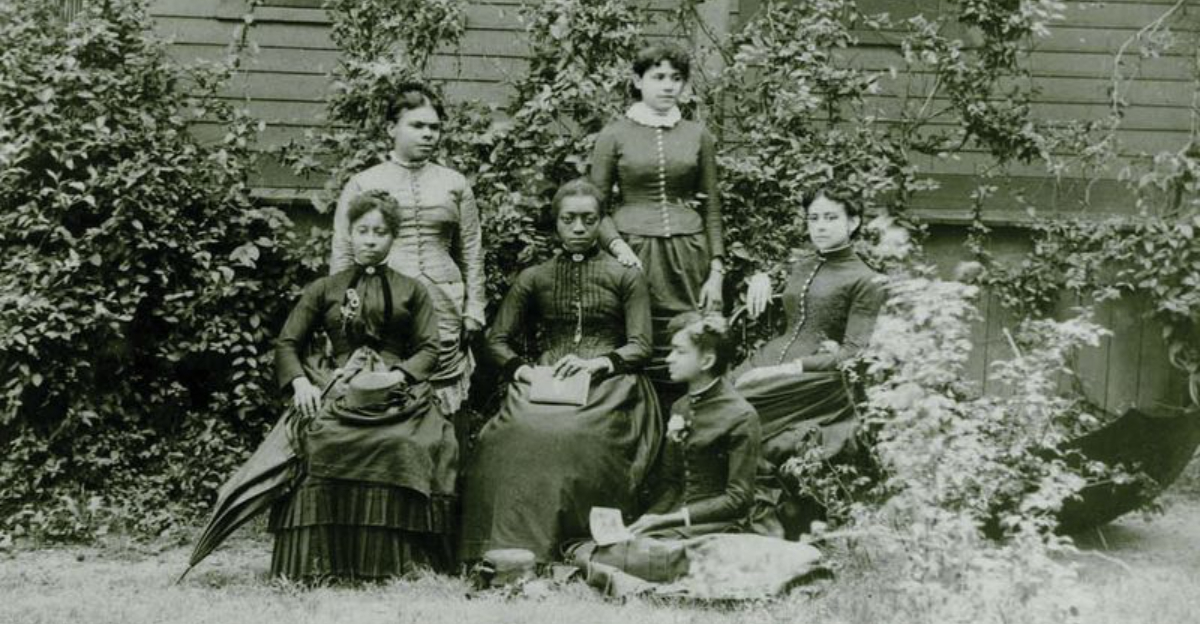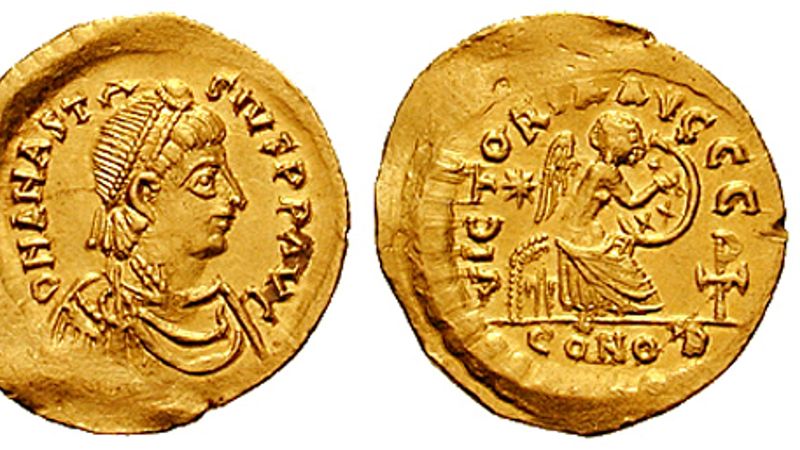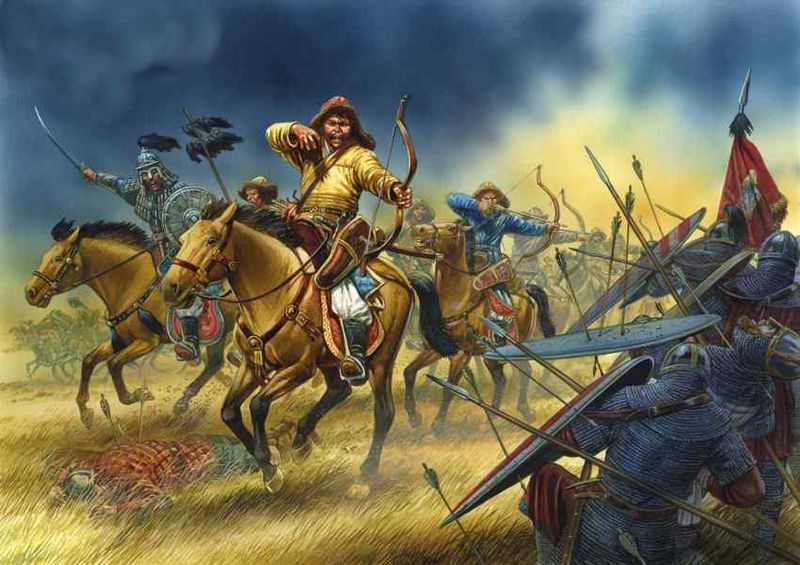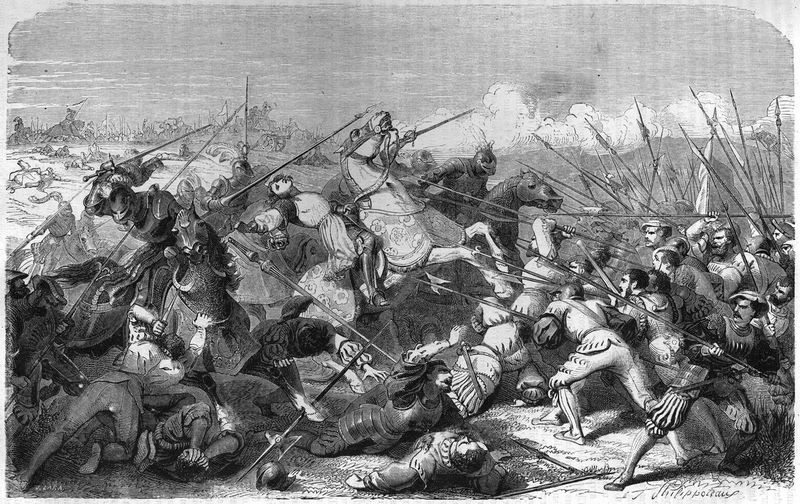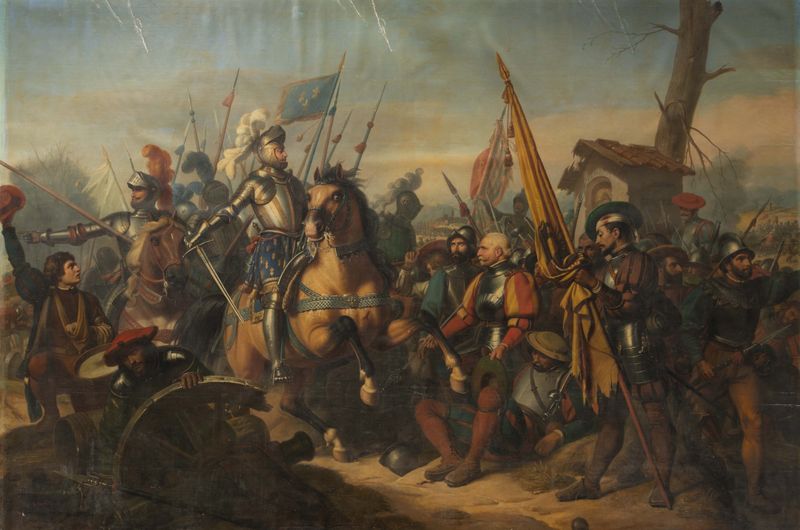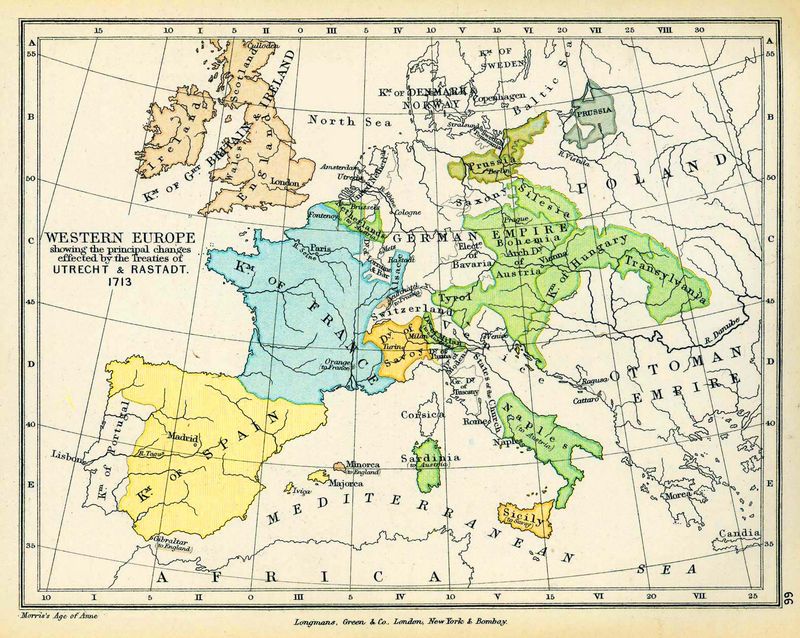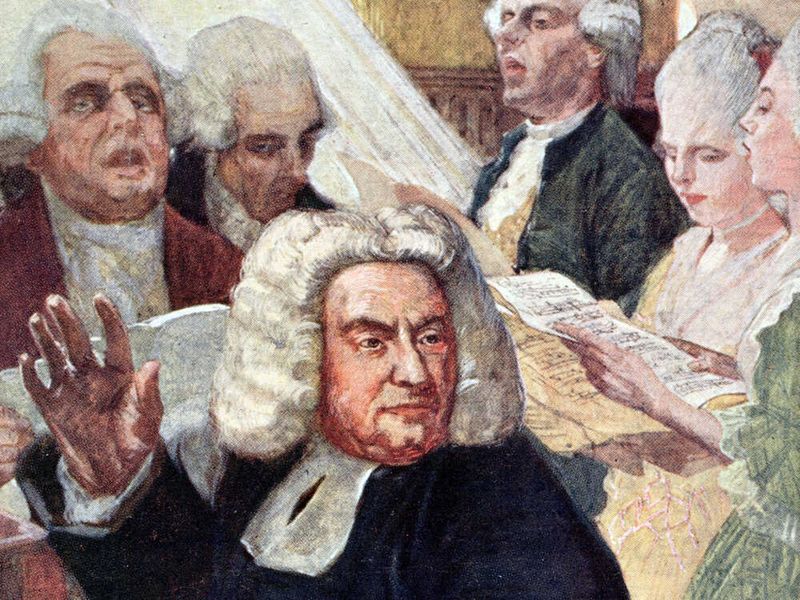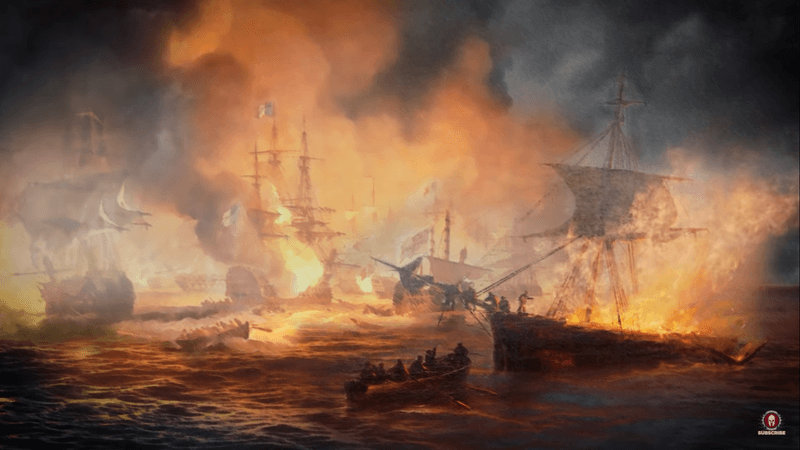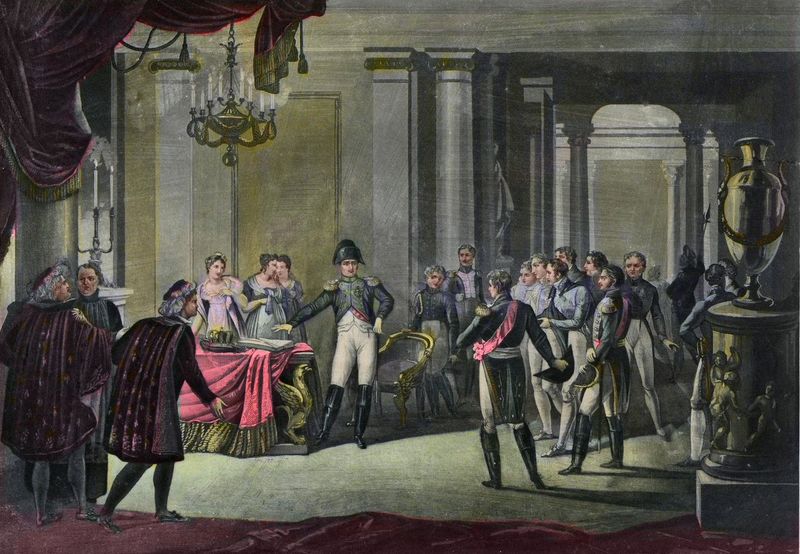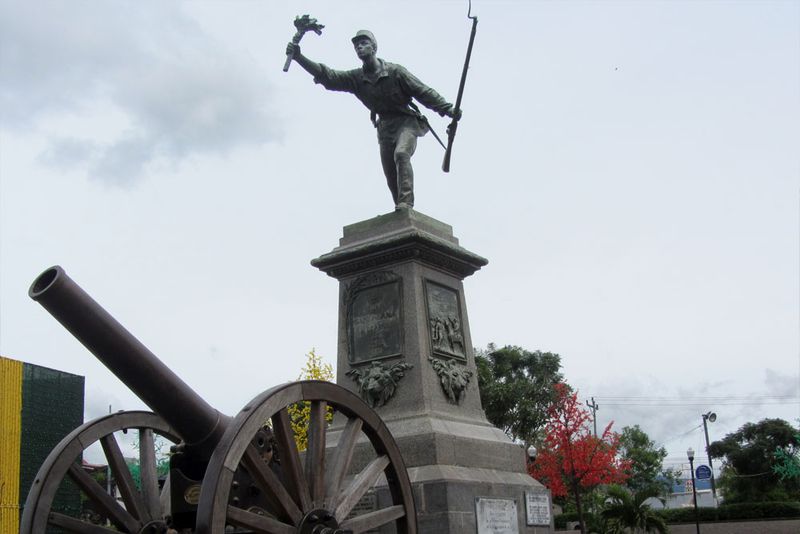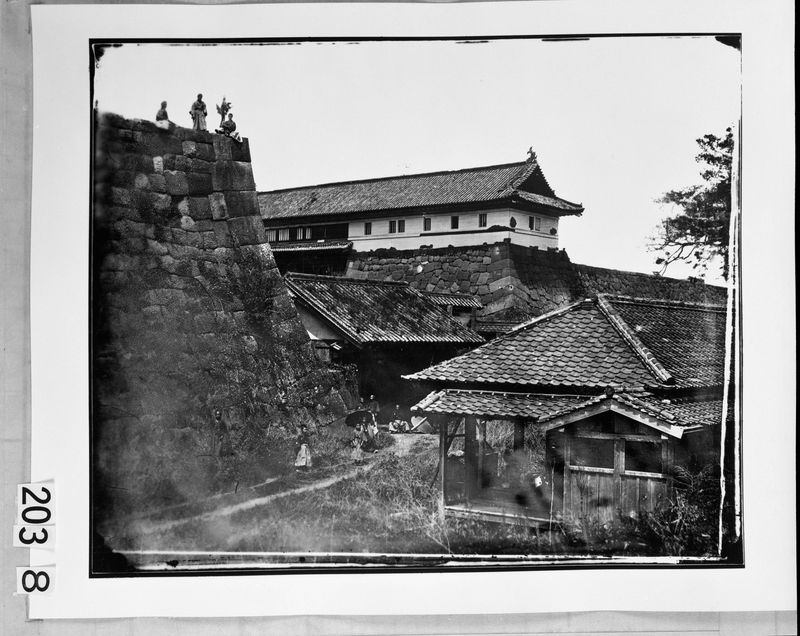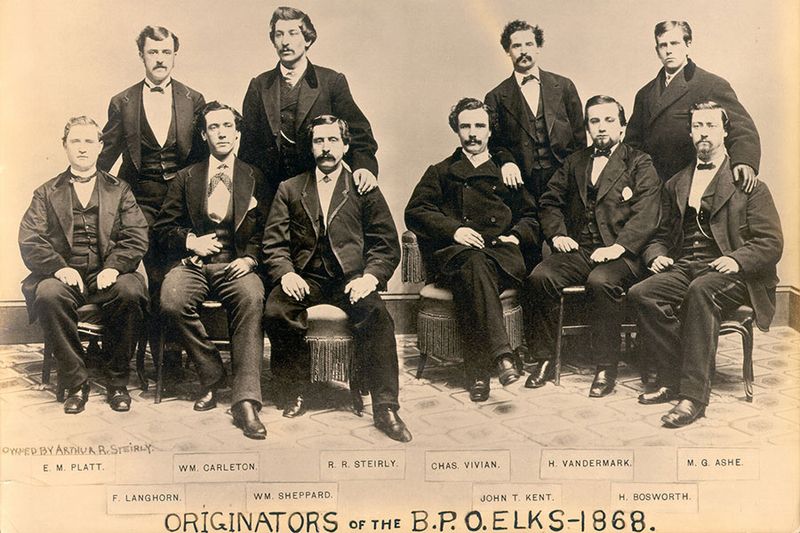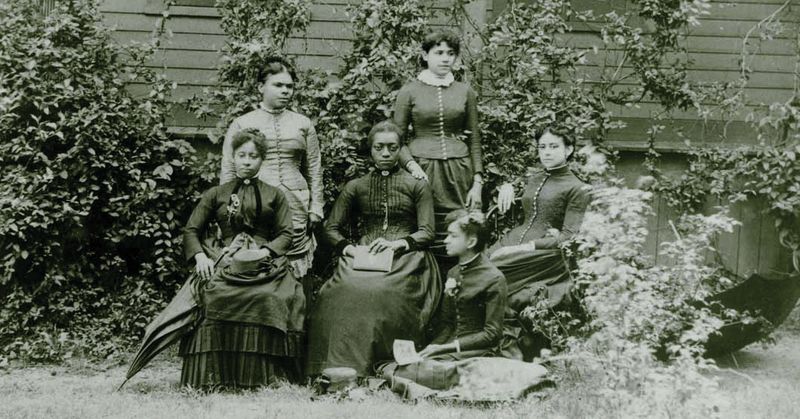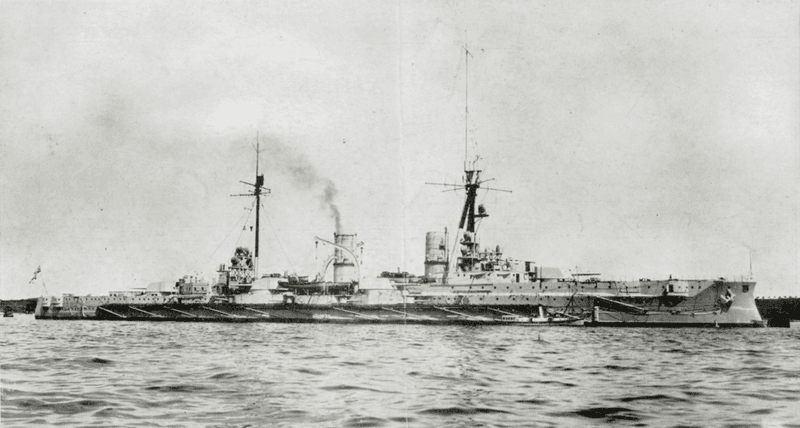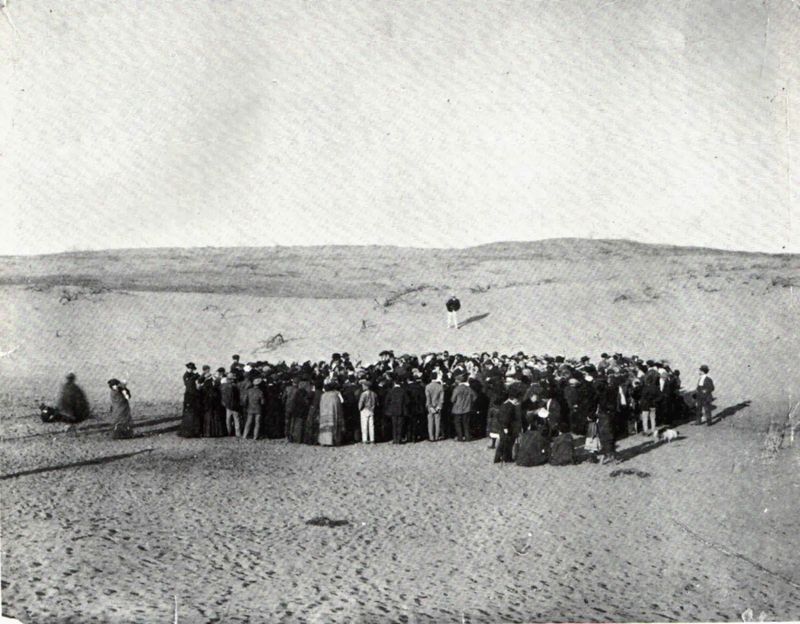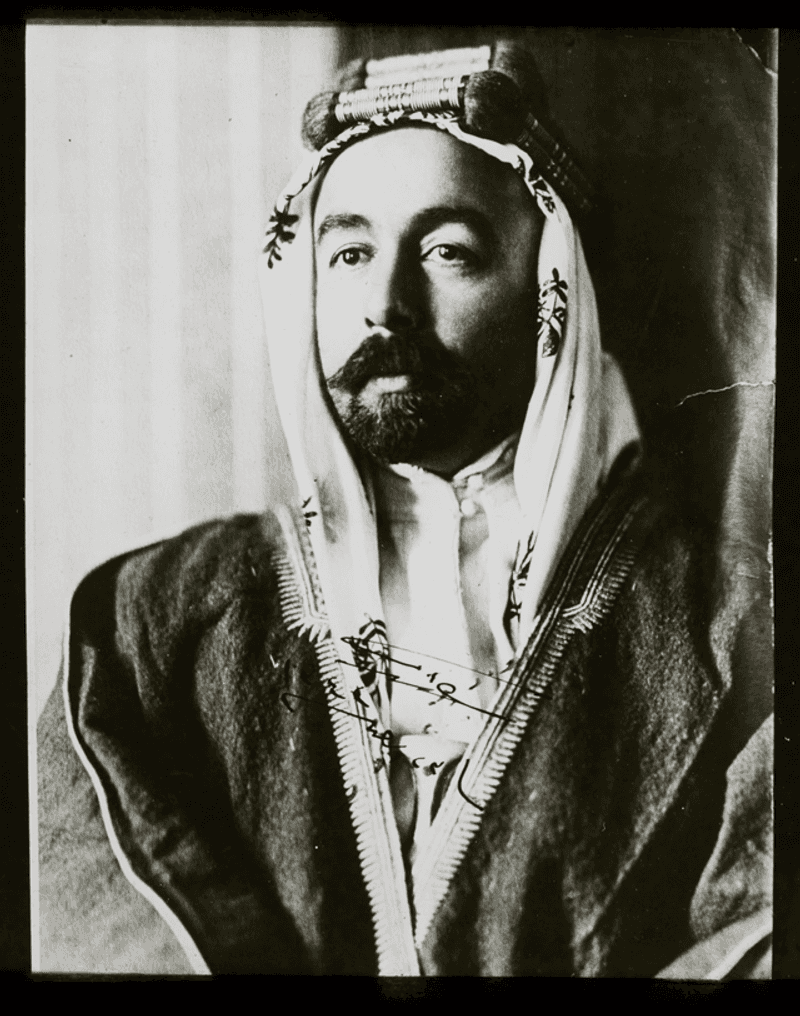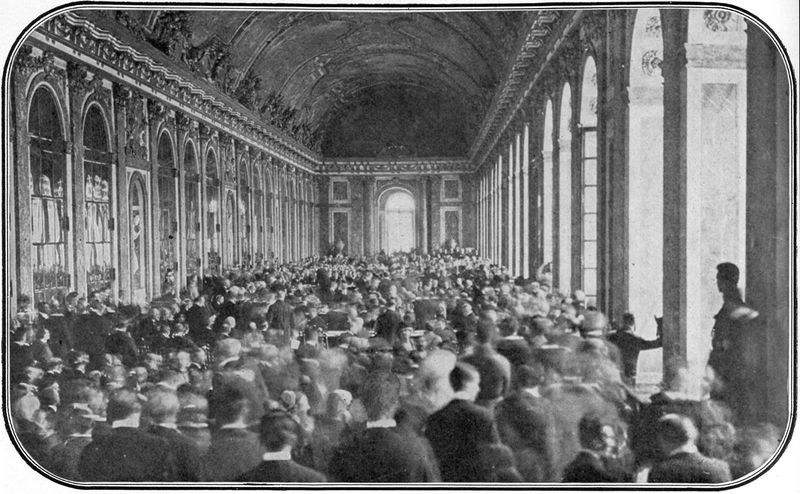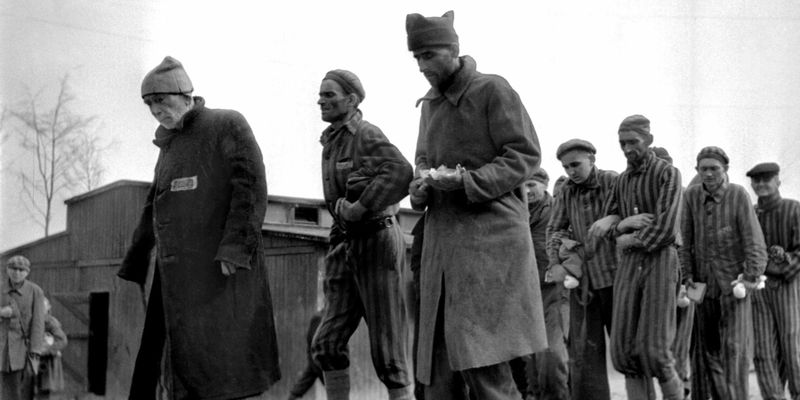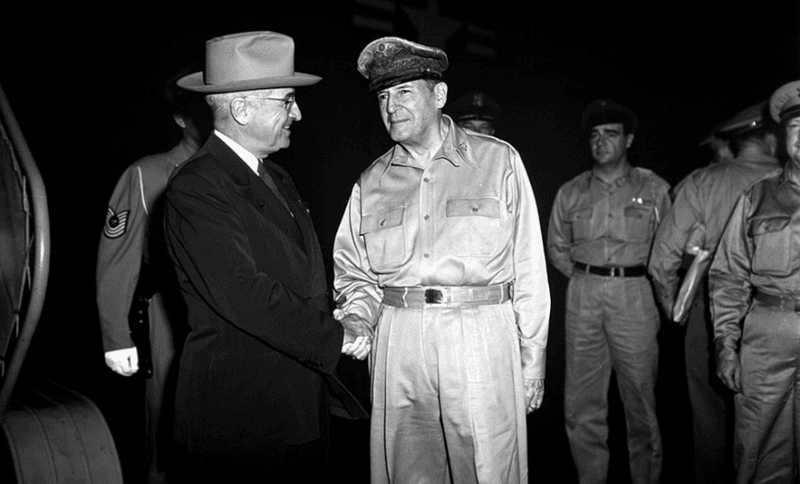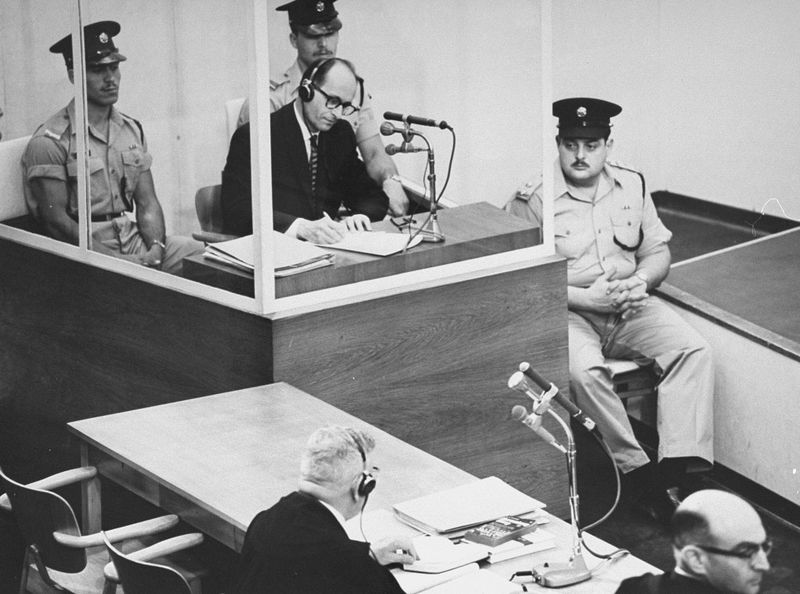April 11th has witnessed a myriad of events that have left indelible marks on history.
From legendary battles and treaties reshaping geopolitical landscapes to monumental cultural and scientific landmarks, each event on this day has played a unique role in shaping our world.
This blog post delves into 20 epoch-making occurrences that took place on April 11th, offering a rich tapestry of human endeavor and transformation.
1. 491 – Flavius Anastasius Becomes Byzantine Emperor
Flavius Anastasius, a civil servant of humble origins, ascended to the Byzantine throne on April 11, 491, marking a pivotal shift in the empire’s leadership.
As a ruler, he was known for his administrative reforms and fiscal policies that stabilized the empire’s economy. His reign witnessed the strengthening of the Byzantine currency, which brought about a period of prosperity.
Anastasius was also a patron of the arts, commissioning works that enriched Byzantine culture. His legacy is remembered for both political stability and cultural enrichment, setting significant precedents for future emperors.
2. 1241 – Batu Khan Defeats Béla IV at the Battle of Mohi
April 11, 1241, saw Batu Khan lead the Mongol hordes to a decisive victory over King Béla IV of Hungary at the Battle of Mohi. This confrontation reshaped Eastern European power dynamics, showcasing the Mongols’ formidable military prowess.
The battle was characterized by the Mongols’ innovative tactics, including feigned retreats and encirclements. Despite heavy losses, the Mongols’ victory underscored their strategic genius and marked a major expansion of their empire.
The aftermath of the battle left Hungary devastated, with long-lasting impacts on the region’s political landscape.
3. 1512 – Battle of Ravenna (War of the League of Cambrai)
The Battle of Ravenna on April 11, 1512, was a significant clash during the War of the League of Cambrai. Franco-Ferrarese forces emerged victorious against Papal-Spanish armies, marking a pivotal moment in Renaissance warfare.
The battle was noted for its heavy artillery use, which played a crucial role in the outcome. This conflict not only demonstrated the shifting alliances of the period but also highlighted the growing importance of gunpowder in military engagements.
The victory had far-reaching consequences, influencing subsequent military tactics and European politics.
4. 1544 – Battle of Ceresole
On April 11, 1544, French forces secured a vital victory over Habsburg troops at the Battle of Ceresole. Part of the Italian Wars, this battle underscored the shifting tides of European power.
The French army’s innovative use of infantry tactics and artillery was instrumental in their success. This engagement highlighted the transition from medieval to modern warfare, with significant implications for future conflicts.
The victory bolstered French morale and influence, altering the strategic landscape of the Italian Wars and setting a precedent for future military engagements.
5. 1689 – Coronation of William III and Mary II
April 11, 1689, marked the coronation of William III and Mary II as joint sovereigns of Great Britain, signaling the dawn of a new era in the British monarchy.
This dual reign initiated significant constitutional changes, including the establishment of a constitutional monarchy that limited royal power and enhanced parliamentary influence.
The coronation was a grand affair, reflecting the political stability and unity brought about by the Glorious Revolution. This historic event set the stage for modern British governance, balancing royal authority with democratic principles.
6. 1713 – Treaty of Utrecht Signed
The Treaty of Utrecht, signed on April 11, 1713, concluded the War of the Spanish Succession, profoundly reshaping European politics.
By redistributing territories among European powers, this treaty ended hostilities that had embroiled much of the continent. It marked the rise of Great Britain as a formidable naval power, altering the balance of power.
The treaty’s provisions laid the groundwork for a new European order, emphasizing diplomatic negotiation over military conflict. This landmark agreement is remembered for its role in maintaining relative peace and stability in Europe.
7. 1727 – Premiere of Bach’s St Matthew Passion (BWV 244b)
On April 11, 1727, Johann Sebastian Bach premiered his St Matthew Passion at St. Thomas Church in Leipzig, leaving a lasting legacy in Baroque music.
This monumental work, revered for its emotional depth and intricate composition, captivated audiences with its choral beauty and orchestral richness.
Bach’s innovative use of musical narrative brought the Passion story to life, engaging listeners in a profound spiritual experience.
The premiere marked a high point in Bach’s career, influencing future generations of composers and cementing his status as a master of sacred music.
8. 1809 – Battle of the Basque Roads
The Battle of the Basque Roads on April 11, 1809, highlighted Admiral Lord Gambier’s controversial indecision during a pivotal naval engagement.
Though the British Navy ultimately achieved victory against the French fleet, Gambier’s cautious approach was criticized for missing a decisive opportunity. The battle featured innovative tactics involving fireships that disrupted the French line.
Despite the strategic success, Gambier faced a court-martial that underscored the complexities of naval warfare. This engagement left a mark on British maritime history, influencing future naval strategies and leadership.
9. 1814 – Treaty of Fontainebleau Forces Napoleon to Abdicate
April 11, 1814, is remembered as the day Napoleon Bonaparte was forced to abdicate unconditionally, a turning point in the Napoleonic Wars. The Treaty of Fontainebleau marked his downfall, exiling him to the island of Elba.
This event signaled the end of an era of French dominance in Europe, leading to the restoration of the Bourbon monarchy.
Napoleon’s abdication was a moment of profound change, reshaping the political landscape of Europe and paving the way for the Congress of Vienna. The treaty remains a pivotal moment in European history.
10. 1856 – Second Battle of Rivas
On April 11, 1856, the Second Battle of Rivas saw Juan Santamaría, a young drummer, become a national hero in Nicaragua. His courageous act of setting a hostel on fire was pivotal in repelling filibuster William Walker’s forces.
Santamaría’s sacrifice became emblematic of Nicaraguan resistance and determination. The battle marked a crucial moment in the struggle against foreign intervention, fostering a sense of national identity and unity.
This event remains a source of pride and a symbol of bravery, celebrated annually in Nicaragua as Juan Santamaría Day.
11. 1868 – Surrender of Edo Castle by Tokugawa Yoshinobu
The surrender of Edo Castle on April 11, 1868, by Tokugawa Yoshinobu marked the end of the Tokugawa shogunate and the dawn of the Meiji Restoration.
Yoshinobu’s decision to surrender peacefully avoided further bloodshed, paving the way for Japan’s modernization and transformation into a modern state.
This event symbolized a pivotal shift from feudal rule to imperial power, initiating profound social, economic, and political changes.
The peaceful transition highlighted the desire for unity and progress, setting Japan on a path to rapid advancement and global influence.
12. 1876 – Organization of the Benevolent and Protective Order of Elks
On April 11, 1876, the Benevolent and Protective Order of Elks was established, creating a lasting impact on American civic life. Founded as a fraternal organization, it aimed to promote fellowship and community service.
The Elks became renowned for their charitable work, supporting veterans, youth programs, and educational initiatives.
This organization fostered a sense of camaraderie and social responsibility, contributing significantly to local communities across the United States. Its legacy continues to thrive, reflecting its commitment to benevolence and protection, as its name proudly suggests.
13. 1881 – Founding of Spelman College
Spelman College opened its doors on April 11, 1881, as a pioneering institution dedicated to the education of African-American women.
Located in Atlanta, Spelman was founded by Sophia B. Packard and Harriet E. Giles with a mission to provide quality education and empowerment.
The college became a beacon of hope and progress, fostering academic excellence and leadership among its students. Over the years, Spelman has produced numerous influential alumnae, contributing significantly to various fields.
Its founding marked a transformative moment in education and civil rights for African-American women.
14. 1908 – Launch of SMS Blücher
On April 11, 1908, SMS Blücher, the last armored cruiser built by the Imperial German Navy, was launched. This vessel represented a transitional phase in naval warfare, combining traditional armor with enhanced firepower.
The Blücher was designed to counter British battlecruisers, reflecting the naval arms race of the early 20th century. Its launch symbolized Germany’s ambitions to expand its naval capabilities and influence.
Although later overshadowed by more advanced battleships, the Blücher remains a testament to the era’s technological advancements and strategic aspirations.
15. 1909 – Founding of the City of Tel Aviv
April 11, 1909, marked the founding of Tel Aviv, a milestone in Jewish and Middle Eastern history. Established as a modern Hebrew city, Tel Aviv grew rapidly, embodying Jewish cultural revival and innovation.
The city’s founders sought to create a vibrant, urban center distinct from the ancient port of Jaffa. Tel Aviv’s growth into a thriving metropolis showcased the dynamic interplay of tradition and modernity.
Its establishment laid the groundwork for Israel’s future development, contributing to the region’s complex social and political tapestry.
16. 1921 – Emir Abdullah Establishes Centralized Government in Transjordan
On April 11, 1921, Emir Abdullah laid the foundation for modern Jordan by establishing a centralized government in Transjordan.
Under British mandate, Abdullah’s leadership facilitated political stability and development, setting the stage for Jordan’s emergence as a sovereign state.
His governance emphasized modernization, infrastructure development, and social cohesion. Abdullah’s efforts to unite diverse tribes and communities underscored his diplomatic acumen.
This pivotal moment in Middle Eastern history highlighted the complexities of nation-building and the pursuit of independence, leaving a lasting legacy in the region.
17. 1935 – Stresa Front Conference Opens
The Stresa Front Conference, opening on April 11, 1935, brought together British, Italian, and French leaders to address growing concerns over German treaty violations post-World War I.
This diplomatic effort aimed to reinforce collective security and prevent further aggression. Despite its initial promise, the Stresa Front faced challenges, particularly Italy’s subsequent alliance with Germany.
The conference highlighted the fragile nature of interwar diplomacy and the complexities of maintaining peace. Its legacy serves as a reminder of the challenges in balancing national interests with international stability.
18. 1945 – Liberation of Buchenwald Concentration Camp
April 11, 1945, marked a poignant moment in history as American forces liberated the Buchenwald concentration camp. This event revealed the harrowing realities of the Holocaust, with thousands of survivors freed from Nazi oppression.
The liberation underscored the Allies’ commitment to justice and humanity, providing a glimpse into the atrocities committed during the war.
The horrors witnessed at Buchenwald served as a powerful testament to the resilience of the human spirit and the importance of remembrance. This moment remains etched in collective memory as a victory over tyranny.
19. 1951 – Korean War: Truman Relieves General MacArthur
On April 11, 1951, President Harry S. Truman made the bold decision to relieve General Douglas MacArthur of his command during the Korean War.
This landmark move reshaped U.S. military leadership, underscoring the principle of civilian control over the military. MacArthur’s dismissal was prompted by his insubordination and differing views on war strategy.
The decision sparked extensive debate and highlighted the challenges of wartime governance. Truman’s action reaffirmed democratic values, emphasizing the importance of accountability and strategic restraint in military affairs.
20. 1961 – Trial of Adolf Eichmann Begins in Jerusalem
The trial of Adolf Eichmann, commencing on April 11, 1961, in Jerusalem, was a landmark event in international justice. As a key architect of the Holocaust, Eichmann faced charges of crimes against humanity.
The trial was broadcast globally, providing a platform for Holocaust survivors to share their testimonies. It highlighted the importance of accountability and served as a pivotal moment in the collective memory of the Holocaust.
Eichmann’s trial underscored the ongoing pursuit of justice and the need for vigilance against hatred and intolerance in society.
